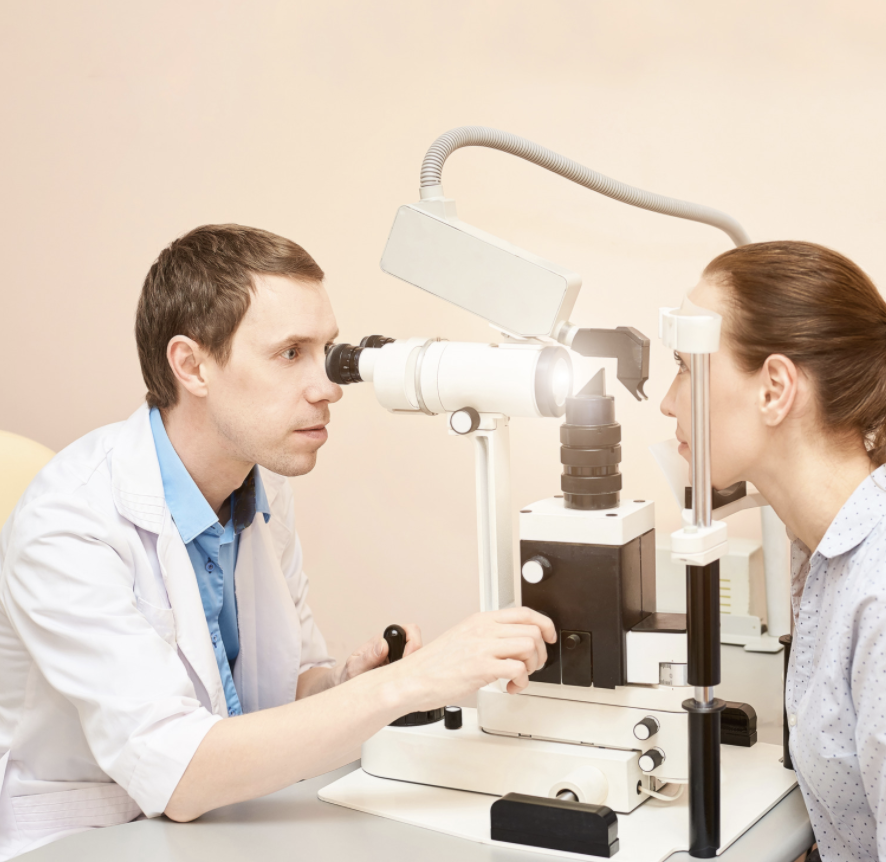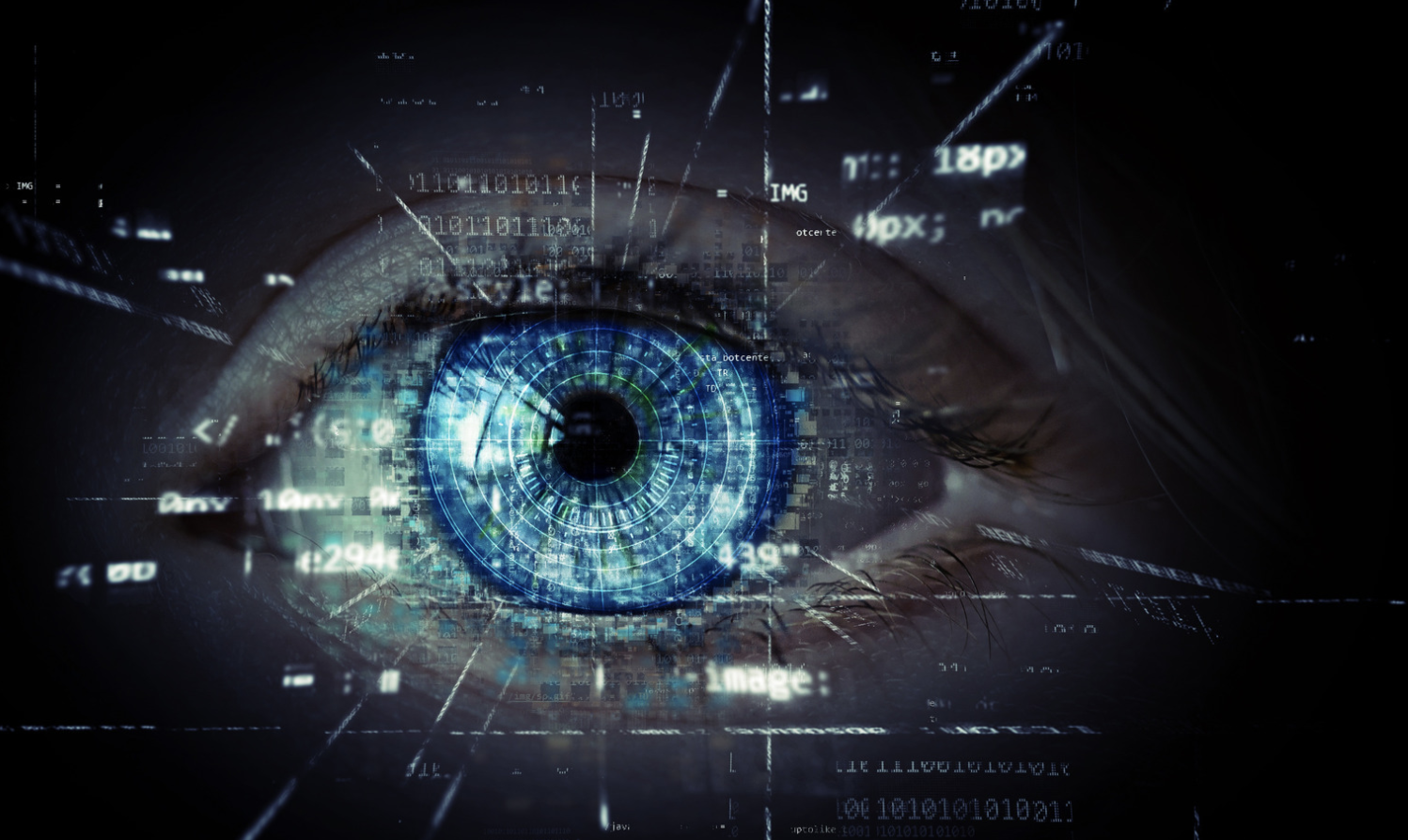Macular degeneration is a condition which affects the central part of the retina, the macula. The macula is the part of the eye which allows us to see things in detail. When macular degeneration becomes severe enough, it impairs:
- Your ability to read
- Your ability to recognize a face
- Your ability to make out details, particularly in front of you
Most people with macular degeneration have sufficient peripheral vision to continue with many of their daily activities, as long as the activities don’t call for noticing fine details or reading. The condition most commonly affects adults over the age of 50.
Is Macular Degeneration A Disability?
Macular degeneration is the deterioration of the macula, the part of the eye responsible for central vision. It can be caused by aging or inherited genetic factors and can cause blurry central vision, blind spots in your vision, straight lines looking wavy, and color vision loss.
There are different kinds of macular degeneration that affect different parts of the eye: Dry AMD affects the outer layer of cells of the retina, while wet AMD affects blood vessels beneath the retina.
If you suffer from macular degeneration, your ability to do some daily activities may be limited. You may not be able to read, recognize faces, drive or do other tasks that require good vision. Macular degeneration is not curable but there are treatments which can help slow down its progression and prevent severe vision loss. If you are unable to work due to macular degeneration, you can apply for a Social Security Disability Insurance (SSDI) benefit.
Does Macular Degeneration Qualify for Disability?
Yes, macular degeneration may qualify you for disability benefits if your vision loss is so severe you cannot work for at least 12 months. The Social Security Act defines blindness as a central visual acuity of 20/200 or less in the best eye when using a correcting lens.
When using the Social Security Administration’s Blue Book, section 2.00 covers macular degeneration when determining who qualifies for disability benefits. To assess a visual disorder, the SSA usually needs an eye examination report that includes measurements of the best-corrected central visual acuity. If you experience loss in visual acuity or visual field, you will need to provide documentation to the SSA of the cause of the loss.
A standard eye examination will normally reveal the cause of any visual acuity loss. If the standard eye examination fails to reveal the cause of the vision loss, the SSA will request the information that establishes the presence of your visual disorder. If your visual disorder fails to satisfy the criteria in of the 2.02, 2.03, or 2.04 Blue Book the SSA may ask for a description of how the visual disorder affects the person’s ability to function.
You will need to submit medical evidence to prove you cannot work due to the macular degeneration diagnosis. You also need to demonstrate that your medical condition prevents you from working. One way to do this is to have a residual functional capacity (RFC) assessment completed by a doctor. The RFC test will assess what you can and cannot do physically and should provide confirmation of the seriousness of your condition.
Applying for Social Security Disability with Macular Degeneration
If your ability to work has been severely impaired by macular degeneration, you may qualify for Social Security disability benefits While the diagnosis alone will not automatically qualify you for disability, the SSA does consider the effects of macular degeneration on your vision and acuity. Generally speaking, to qualify for disability benefits, you will need to show medical evidence that your macular degeneration is severe enough that you cannot reasonably be expected to continue working in any field for which you are qualified.
Macular Degeneration and the Blue Book
The SSA does not list macular degeneration in its Blue Book (a book giving guidelines on how various conditions are to be judged for the purposes of determining disability. The Blue Book does, however, contain guidelines regarding loss of vision and acuity which apply to macular degeneration disability claims. The pertinent sections are:
- 2.02 Loss of Visual Acuity
- 2.04 Loss of Visual Efficiency
In determining visual acuity and efficiency, the SSA will want to see a test of better eye with corrective lenses. You will qualify for Social Security disability benefits under the Blue Book listings if either:
- Your visual acuity in your better eye is 20/200 or worse while you are wearing the best corrective lens available
- Your visual efficiency in your better eye (while wearing the appropriate corrective lenses) is 20% or less
Qualifying for SSD with Macular Degeneration based on your Inability to Work
If your macular degeneration doesn’t qualify you for Social Security disability based on the Blue Book listings, you may still qualify based on its effect on your ability to perform typical work activities. You will need to show that your condition makes it impossible for you to continue doing any type of work for which you could reasonably be trained. The best approach, in most cases, is to show that working presents a safety hazard to you and to others on the job site doe to your loss of detailed vision.
When applying for Social Security disability benefits, it’s important to list all medically verifiable conditions which you may have, whether they are related to your macular degeneration or not. Often, the sum of your disabling conditions will be enough to qualify you for disability benefits even if the macular degeneration does not qualify you in and of itself. Common conditions which are often suffered by those with macular degeneration, and which should be noted in your disability claim, include:
- Hypertension
- Elevated cholesterol
- Obesity
- Hallucinations
Medically Qualifying Through An RFC
If you are unable to work, but your condition doesn’t meet the medical criteria as established in the Blue Book, you may be able to qualify through a medical vocational allowance with the help of a residual functional capacity (RFC) .
.
If your physician will complete the RFC, that can make a significant impact on your disability claim. You may even have more than one of your healthcare providers complete the forms. If your specialist, such as your ophthalmologist, would also like to complete one, that could provide even more detail on your condition and how it impacts your work ability.
Not all claimants who are disabled are able to meet the listing and be approved for benefits using the Blue Book. The RFC clearly indicates your medical problems, the symptoms, any treatments, any side effects, your restrictions, and your limitations. That form will detail everything and help show the specifics of what you can and cannot do.
For example, the RFC will be very specific. It may indicate that you have be repositioned every hour, or that you cannot stand more than two consecutive hours, or that you cannot lift more than 5 pounds. It will indicate if you can stretch, reach, squat, carry, lift, and bend.
By reviewing that RFC and then considering your work history, work responsibilities, age, and educational background, Disability Determination Services (DDS) will be able to determine what kind of work – if there is any work – that you are capable of doing with your medical condition.
In this case, in the case for those experiencing macular degeneration, the RFC will indicate how your vision loss is affecting your ability to function. It may indicate that you cannot perform fine tasks, such as sewing or repairing jewelry. It will also note if you have difficulty reading, and if you are unable to drive.
You may want to get supporting statements from those who know you well and who are familiar with your situation. Statements from family members, friends, co-workers, and supervisors can help show how your abilities to do routine tasks or perform work duties have been affected by macular degeneration.
How To Apply For Benefits With Macular Degeneration
Macular degeneration is an eye condition that can affect your ability to read, your ability to recognize someone, and your ability to make out details. It can significantly affect your ability to read or notice fine details. Usually those affected are older than 50, and those older than 50 are given additional consideration because of their age and the decreased ability to train to take on a new job.
When you apply for disability benefits, you have different options. You can start the application process online at the Social Security website. You can also call 1-800-772-1213 and start the process by speaking with a representative over the phone. Another way to get your claim underway is to call the toll-free number and schedule an appointment at your local SSA field office.
You need to be ready before you get your claim underway. To have a successful claim, you must provide supporting documentation. You should prepare a detailed listing of your medical providers.
Be sure to include the names of the providers and their contact details. Also, include the dates of service. You will need to gather up some personal information and have it documented. This will include your educational background and your work history.
You should gather your financial records as well. You will need to have bank statements to show account balances, proof of income, and any assets if applying for Supplemental Security Income (SSI), which is needs-based and requires specific financial criteria to be met. Be sure to have everything in order so it can be reviewed by DDS.
Regardless of whether you are applying using a Blue Book listing or the RFC analysis, a detailed medical history is a necessity. Here are a few of the things from your medical records that can have an impact on your claim:
- A detailed medical report that has specific, detailed observations from your physician. These should be detailed notes explaining your condition, confirming the diagnosis, and indicating a treatment plan. Also, it should indicate how you respond to treatment.
- Medical test results that indicate you have macular degeneration and its severity. This includes eye exam details and any visual acuity testing that you have undergone from the optometrist and/or ophthalmologist.
- Surgical notes if you have undergone surgery. Sometimes laser surgery is performed to help seal off leaking blood vessels caused by macular degeneration and to help slow down the loss of your central vision.
Be sure to talk with your ophthalmologist about your plans to apply for disability benefits and ask him or her if they believe you would be able to qualify. You want your physician to support your claim and be willing to help provide the information that your claim will need to succeed.
Social Security uses technical descriptions regarding the requirements and the claims process, and your physician will understand what they are asking for as evidence and what criteria must be met to get a claim approved.
claim approved.
How a Disability Attorney Can Help
When you retain the help of a disability lawyer, your attorney will help gather up the supporting evidence and documentation that you need. While you must provide financial records and your personal work history and details about your educational background, your lawyer will work to gather all your medical records.
Your attorney will also review your medical records to see if you meet the criteria to qualify for disability benefits or what evidence is missing. If there is evidence missing, your lawyer can help you acquire the necessary proof, such as a statement from your doctor, or test results that were from when you were first diagnosed with the condition. By having a lawyer working on your case, you are much more likely to get your claim approved.
Your Macular Degeneration Social Security Disability Case
Many macular degeneration disability claims are denied benefits. To improve the chances that your claim will be approved, consult with a Social Security disability lawyer. Studies have shown that those who utilize the services of an attorney have nearly double the chance of being approved compared with claimants who represent themselves. This holds true at all stages of the disability claims and appeals process.
Most Social Security disability lawyers offer a free initial consultation. Additionally, Social Security lawyers are not allowed, by law, to collect legal fees from you unless your disability claim is approved. In most cases, your disability lawyer will be paid directly by the Social Security Administration from a percentage of the back pay to which you are entitled when your claim is approved.
Free Evaluation of Your Macular Degeneration Claim